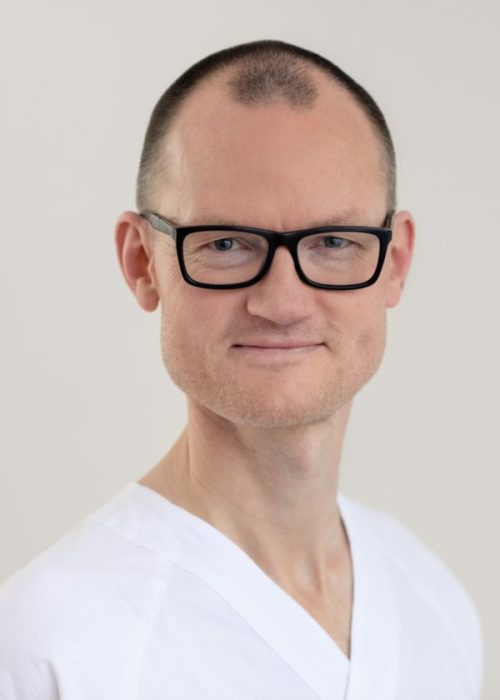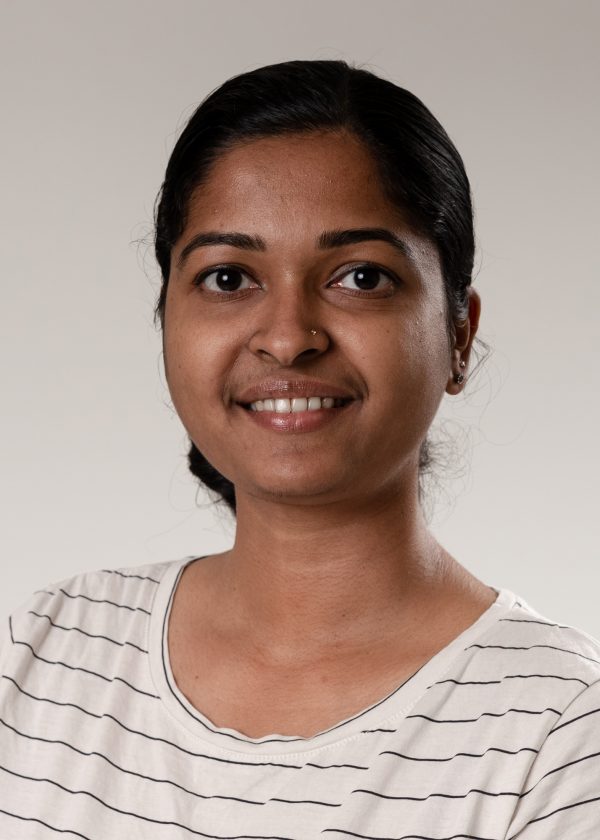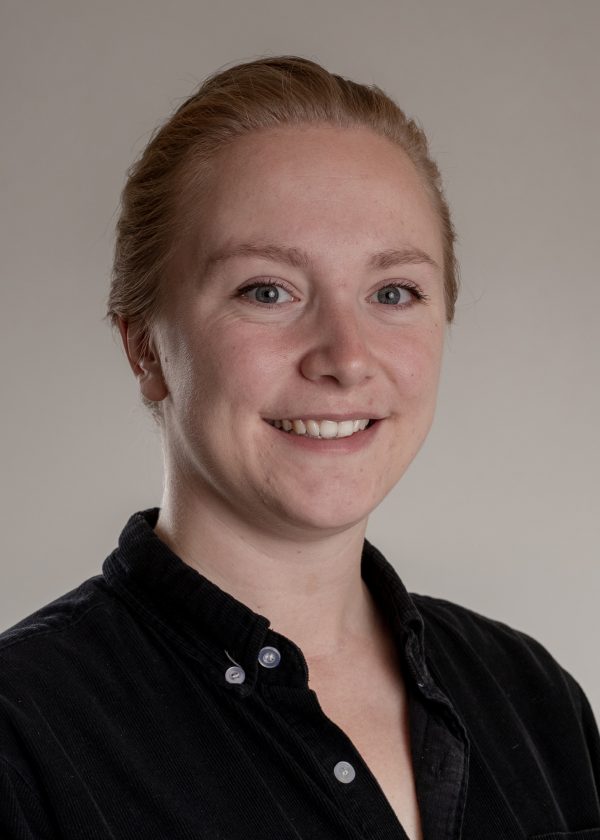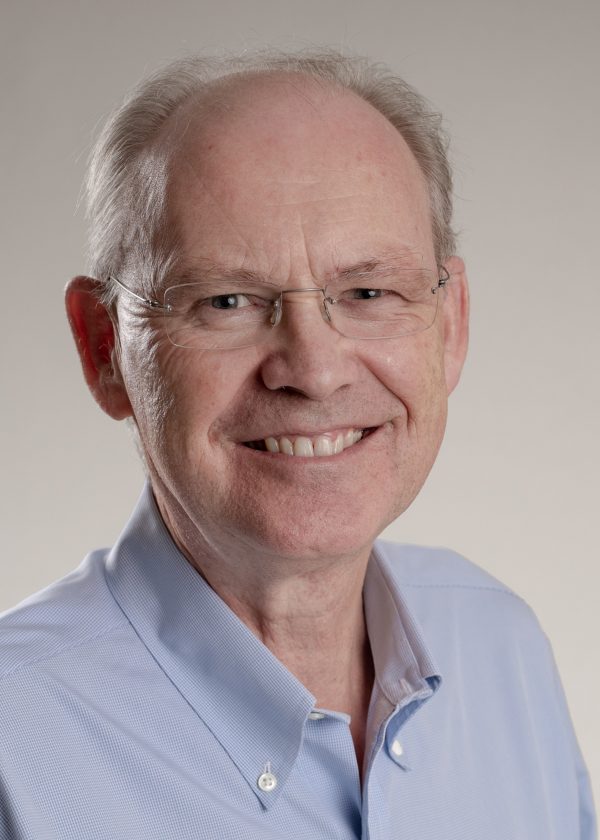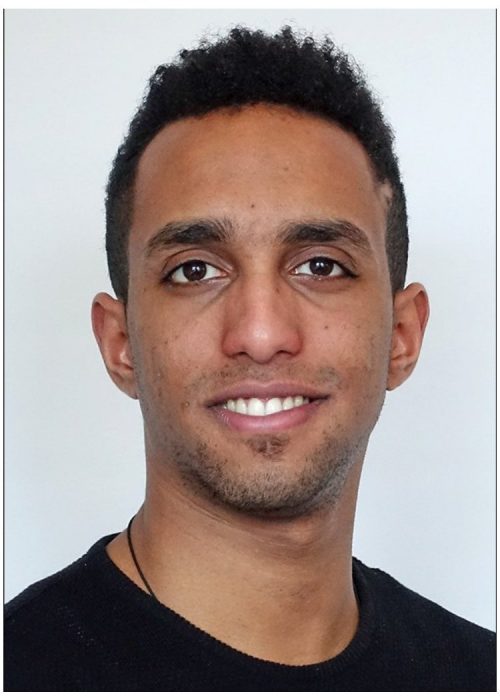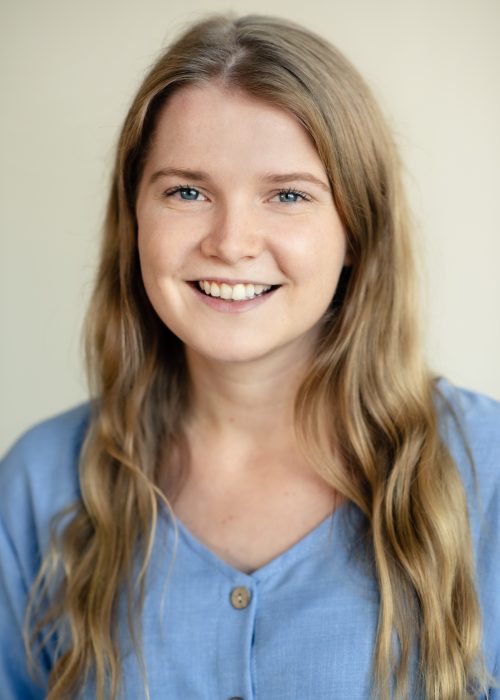Our translational research team work to unravel fundamental principles of cardiac electrophysiology, in order to provide a better understanding and management of clinical conditions caused by abnormal electrical activity in the heart. We use observations from patients as the outset for our laboratory experiments, and test key findings in large animal models and clinical situations.

We want to be able to predict and prevent triggers of arrhythmic events, and to provide a basis for the use of exercise for electrophysiological remodeling in a safe manner. We especially focus on the role of calcium handling by cardiac proteins associated with the sarcoplasmic reticulum, such as RyR2, SERCA2 and CaMKII. To better understand the role of these proteins, we use rodent models of heart failure, CPVT, HCM and ischemia-reperfusion.
We combine clinical observations and interventions with molecular biology, cellular electrophysiology, Langendorff-perfused hearts and in vivo characterization by echocardiography, MRI and telemetric ECG recording. We also expose rodent models to exercise training by voluntary running in resistance-controlled running wheels and treadmills. As part of this strategy, we collaborate closely with other research groups with expertise on basic research methods, clinical electrophysiology, cardiac imaging and cardiogenetics. This provides us the opportunity to understand biological processes involved in pathological electrophysiology on a molecular, cellular, organ and organism level.

Group leader Mathis Korseberg Stokke is Professor I at UiO and Consultant Cardiologist at the Arrhythmia Unit, Department of Cardiology, Oslo University Hospital Rikshospitalet. He is also Deputy Director of NORHEART – The Norwegian PhD School of Heart Research. He leads a research group with researchers of different academic backgrounds and specific know-how, from nanotechnology and molecular biology to clinical training in cardiology. The group also collaborates closely with clinicians and researchers at Oslo University Hospital, and with international collaborators in the US, Germany and UK.

